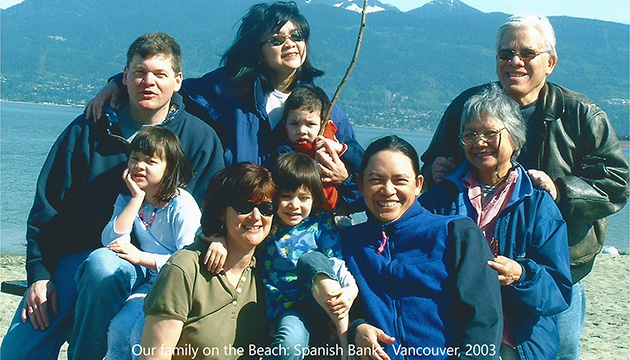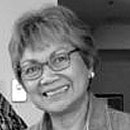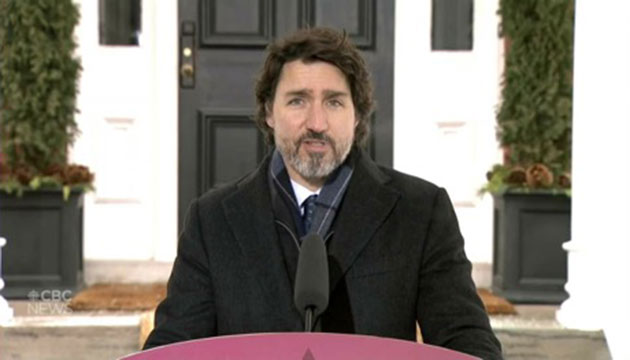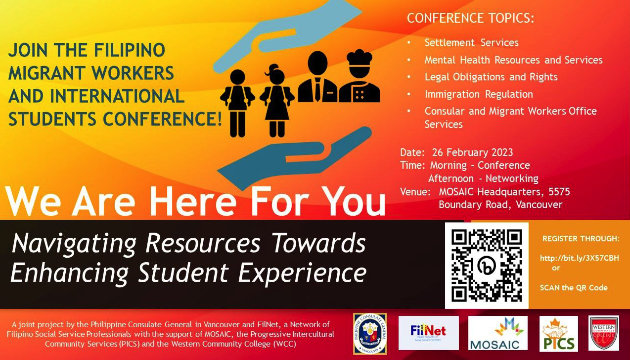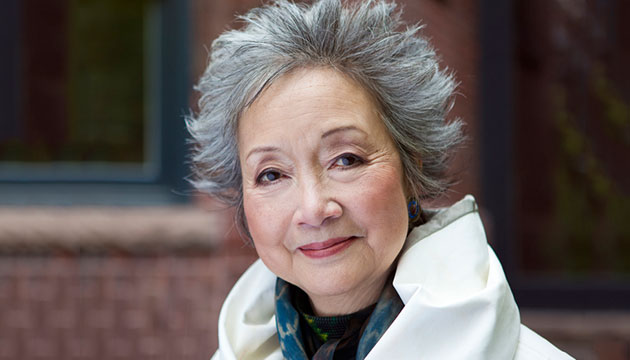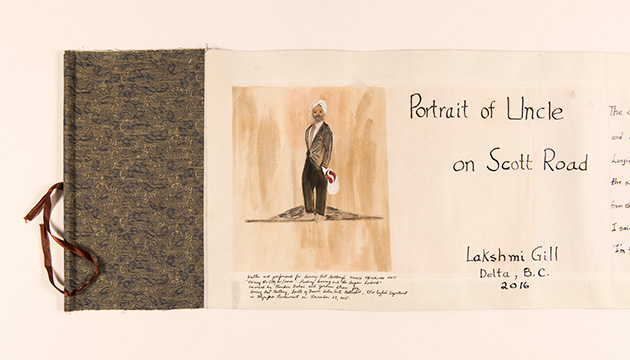The first wave of Filipino immigrants, who arrived in Canada in the 1960s and 1970s, are now enjoying the joys of their well earned retirement. When not travelling or playing with their grandchildren, they now have time to spare for projects they never had time before.
For many of them, this is also a time for reflection because with their children and grandchildren fast becoming Canadianized, there is a strong possibility that their link to the Philippines and their immigration experience will be lost forever. Unless, of course, their family history is preserved in a book of memories and photos before it’s too late.
The recently printed Lolo’s Book: Memories for my Grandchildren by Aprodicio A. Laquian is an example of a self-published family history designed to preserve family memories. (See back cover and blurb)
Leonardo ‘Ding” Cunanan has also published his personal family story in a 146-paged book titled An Immigrant’s Journey. The need to keep family stories alive for the younger generations has been growing stronger every year with the graying of the population. It has popularized a new genre of non-fiction writing - the personal family history. It can be written by grandparents or their children or grandchildren interviewing the old folks before the details of events begin to blur as people get older.
With the aging of immigrant Filipinos in Canada and the need to reconnect with their Philippine past for an insight into the future, an increasing number of printing presses are seeing the lucrative possibility of self publishing with the use of digital printing. This genre of family stories is what may revive the print edition of books. Because although family histories may be orally recorded or videotaped, there is nothing like the feel of a book in hand, with pages full of colorful pictures and vivid stories from the past, to keep those family histories alive.
Already there are a number of books on how to write family histories. Self publishing printers and publishers such as Dahong Pilipino in Vancouver have made memorable family history books affordable with package deals to encourage more Filipinos to recollect their history and passed on their stories to future generations. All that is needed is a digital copy of one’s fully edited and camera-ready manuscript and photos. A package deal includes: reformatting the manuscript for printing, technical assistance with cover design, enhancement and insertion of photos and illustrations as supplied by writers, printing and binding, and a limited number of complimentary copies of the book, the number of which depends on the size and thickness of the book. With self publishing, as few or as many copies of the book as needed may be ordered.
Commercial marketing and sales will depend on how well the manuscript is written and how universally appealing the stories are. But the most appreciative and sure readers of family histories will be family and friends who will treasure the stories of their Philippine roots, their family’s immigration experience and their new life in a new country. For information on self-publishing family histories, contact www.canadianfilipino.ca for relevant links.
Suggested Topics for Writing Family Histories
- Your life as a child and youth – your parents and grandparents, living conditions in place where you were born, how you were raised, hardships, memorable experiences, heroes, role models, favorite pets, friends, games, food, description of your hometown or city, etc.
- School years – elementary school, high school, college or university. Favorite teachers and subjects, extracurricular activities, best friends, most memorable experience.
- Employment –first job, what kind, working condition, wages and benefits, friends at work, activities with friends, how long at first job, other jobs, important considerations in looking for a job, what matters most to you in making a living.
- Marriage – how you met your spouse, what attracted you to the person, what was the courtship like, what do you remember about the wedding, honeymoon, adjustments, plans for the future.
- Family life – first child, how you felt on becoming a parent, your other children and how you raised them, favorite children’s stories, activities for the family, disciplining children? Expectations? Difficulties and rewards of parenthood, how did your children turn out? How did you feel when they left home for a life of their own? Recreation as empty nesters?
- Career - why you decided to go into your line of work, describe your career and how it progressed over the years, major accomplishments, strengths, weaknesses? Memorable events, people you worked with, how did they help you?
- Immigration – why did you decide to immigrate to Canada? When, how? Describe application process. Describe arrival in Canada. Where first landed. Accommodation. House hunting experience. Schools for children. Job hunting. Settling down process. Difficulties and satisfaction. Help from friends? Assistance from government? Memorable experiences.
- Retirement – how long have you been in Canada? How’s the family – are all children married? Where are they now? Grandchildren? How many? What do you enjoy doing now? What makes you sad/ Any fears? Plans for the immediate future? Advice for grandchildren and future generations? Hopes for grandkids as they grow up? What is your most memorable experience which had the most impact on your life? What of Philippine culture and values would you like your children and grandchildren to pass on to future generations? How has your immigration to Canada affected your life and your family? Will you stay in Canada for good or retire in the Philippines? Why?
- Reflections – have you achieved all your goals? Have you other dreams that need fulfilling?
- Growing Old - How do you feel about aging? What is the meaning of life to you? Based on your experience, what word of wisdom would you like to leave for your children and grandchildren? What are your dreams for them?


